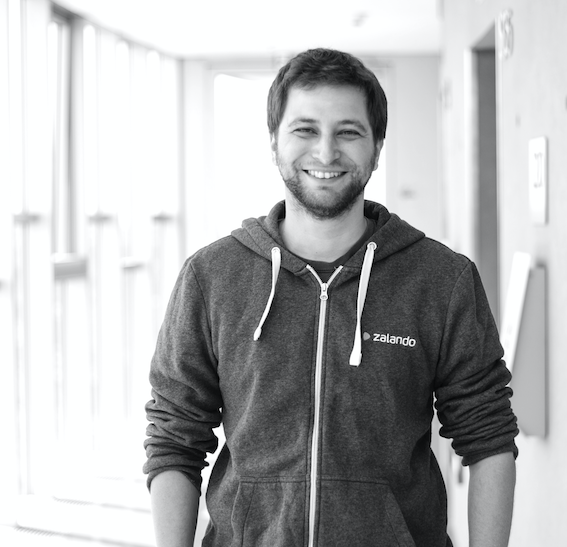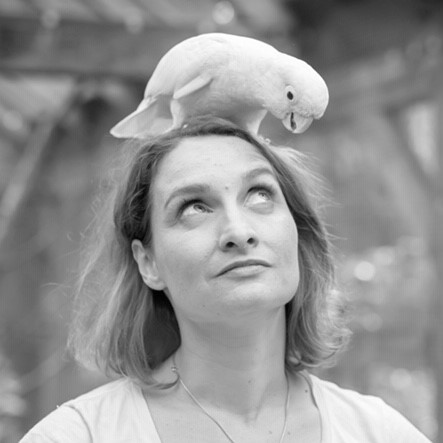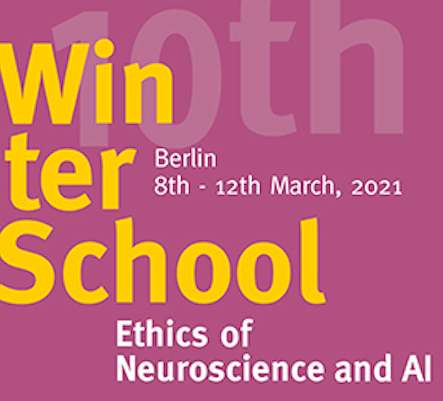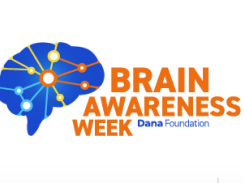
PI Lecture with Alan Akbik
The Zoom Link will be sent the day before the lecture. (Contact communication@scioi.de for specific questions)

The Zoom Link will be sent the day before the lecture. (Contact communication@scioi.de for specific questions)

All animal ethical positions are largely in agreement that animals – as beings capable of suffering – must be morally considered for their own sake and that certain consequences for

Visual perception is shaped by the input from our physical environment and by expectations derived from our sensory experience with the visual world. But is what we see also influenced

Finding flexible tool use and manufacture in non-specialized animals, may contribute to our understanding of the origins of tool-related cognition. Goffin's cockatoos are Indonesian parrots that originate from a small

One of its most remarkable features of human intelligence is the mind's ability to discover and continuously refine its own algorithms. This enables people to discover clever heuristics for mastering

The 10th Winter School "Ethics of Neuroscience and AI" is taking place on March 8-12, 2021. It is organized by the BCCN Berlin/ICCN, the Berlin School of Mind and Brain,

When controlling action — e.g., hand movements — the brain typically relies on seen and felt posture information to represent 'its' body. It is thought that the brain combines these

A Brain Awareness Week event organized by Scholar Minds and in collaboration with Science of Intelligence and the Berlin School of Mind and Brain "We from Scholar Minds and in

A lab demonstration on optical illusions for Brain Awareness Week, organized by SCIoI + Active Perception and Cognition Lab (Martin Rolfs) "We from the active perception and cognition lab would

This two-day workshop, co-organised by the Berlin-based Science of Intelligence Cluster and Human Abilities – Centre for Advanced Studies in the Humanities, brings together philosophers and cognitive scientists to discuss

Abstract: Oliver Brock will talk about these five things: 1) Is intelligence non-decomposable? 2) Does intelligence require multiple computational paradigms? 3) To neuroscience or not to neuroscience? 4) A principle

The event, called “AI: A Tough Love” explores the connection between the calculating machine and the human being, and attempts to understand in what ways do the worlds of humans,